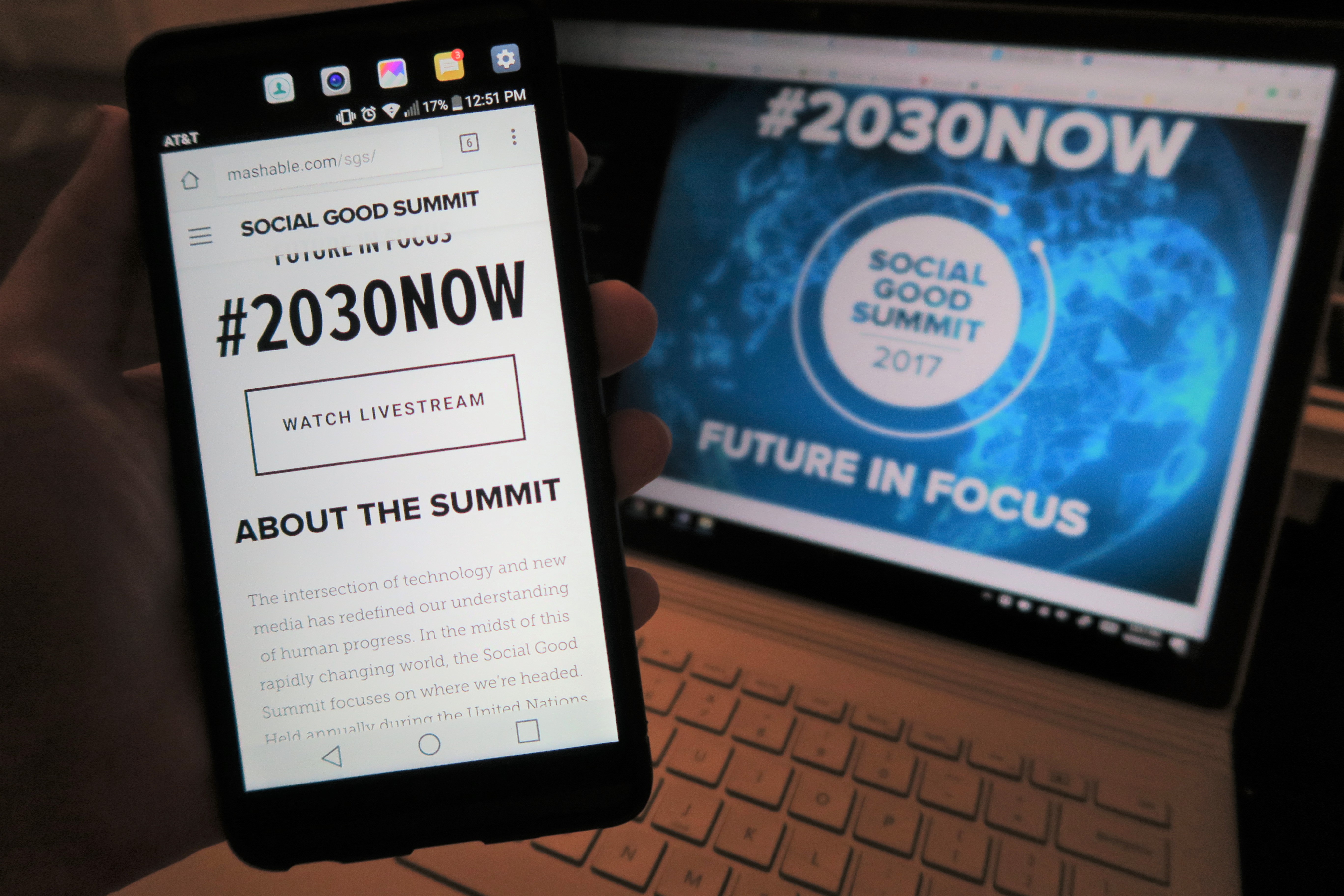Who Needs a Hero?

By Jessica Broadnax. Jessica is an educator, professor, writer, advocate, member of United Nations Foundation but most importantly a proud mother. She is the founder of a non-profit, Educational Voices of Change which focuses on Literacy services for children and families in marginalized communities. Also, she is an Alumni of Obama For America (Organized For Action), former Stand with Women State Lead and trainer with OFA; 2016 International Young Leaders Assembly Delegate at the United Nations. Her passion is to be a voice for the voiceless, serve others, and empower a nation.
In an ideal world there would be no pain, no suffering, and all humanity would be full of goodness. Perhaps, in this perfect world everyone could be their own hero. They would embody courage, strength, and compassion when speaking to their own pulse of humanity. This past weekend, at the Social Good Summit, it amplified the important unified message of what it means to be a force for good. Goodness transcended to heroic action that rescues a person, child, family, and then humanity from anything disempowering to the soul of their very existence.
What happens when nationally and internationally women are biased-ly reflected on as not capable of being their own hero and that attribute is assigned only to “Men?” It results in leaving us vulnerable to disempowerment and the injustices that villainizes us as victims of sexual assault, domestic violence, and sexual harassment. We aren’t recognized for the survival endured but for the many exceptions placed on perpetrators for getting away with it. According to U.S. Department of Justice, Office of Justice Programs, Bureau of Justice Statistics, “91% of victims of rape and sexual assault are female and 9% are male.” Heroes are strong and demonstrate great strength when confronted with challenges. Survivors of the “Me Too Movement” and “Times Up” are stronger than they can conceive and convert villains into believers. They become believers that peace can be coexistent with strength and it is not in your ability to harm others but rather in the ability to sustain peace safely. At the Social Good Summit, Nobel Peace Laureate Leymah Gbowee stated, “Turn your pain into strength.”
- Speak out and share your story, as I take this heroic opportunity to share mine, as a survivor of domestic violence and sexual assault. I found the courage, strength, and compassion for myself and my son to leave my perpetrator so, that we can live a life of peace and financial security. According to U.S. Department of Justice, Office of Justice Programs, Bureau of Justice Statistics,” Rape is the most under-reported crime; 63% of sexual assaults are not reported to police.” Surviving to tell our stories will rescue us from this plight. The many amplified voices of one. That my friend is heroic. Now, go and be your own hero because your life and the lives of others need you.
Source: Rennison, C. M. (2002). Rape and sexual assault: Reporting to police and medical attention, 1992-2000 [NCJ 194530]. Retrieved from the U.S. Department of Justice, Office of Justice Programs, Bureau of Justice Statistics: https://www.bjs.gov/content/pub/pdf/rsarp00.pdf




